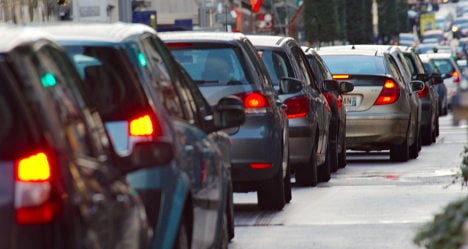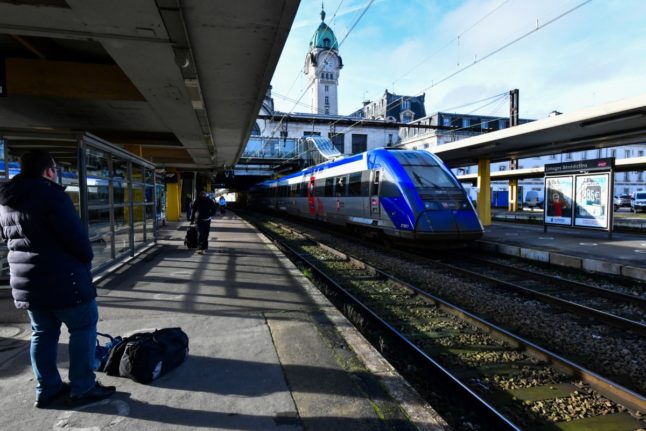Car-pooling, where drivers offer their empty car seats to passengers in order to share the cost of a journey, is supposed to be an environmentally-friendly way to save money, rather than make it.
But it appears that's not always the case in France.
In a bid to stop drivers making a profit out of their passengers, a court of appeal in Paris has ordered vehicle owners who are willing to share their car with passengers not to charge them any more than what it costs to drive them to their destination.
However, there may be messy disputes on the horizon, since beyond the basic cost of fuel and tolls, drivers could conceivably claim car insurance, vehicle depreciation, maintenance and repair as legitimate expenses, as Europe 1 radio pointed out on Monday.
The ruling, dated March 12th, comes as the car-pooling model, intended to be a money-saving way to get from place to place in France, has been used as a profit-making venture by some of its more enterprising users.
The investigative website Mediapart reported last week that one Spanish man had been earning €1,000 every month, charging passengers €25-30 per person to travel between the Spanish city of Barcelona, and Toulouse in south-western France.
Last year, Europe 1 radio reported that some 7,000 taxi-drivers in and around the French capital had been managing a car-pooling project between potential customers wishing to travel to and from airports in the Paris region.
The passengers saved up to 40% per person, and the taxi-drivers enjoyed a boost in their own fares.
France’s leading car-pooling network, Covoiturage.fr has seen three million users sign up since it was launched in 2006.



 Please whitelist us to continue reading.
Please whitelist us to continue reading.
Member comments